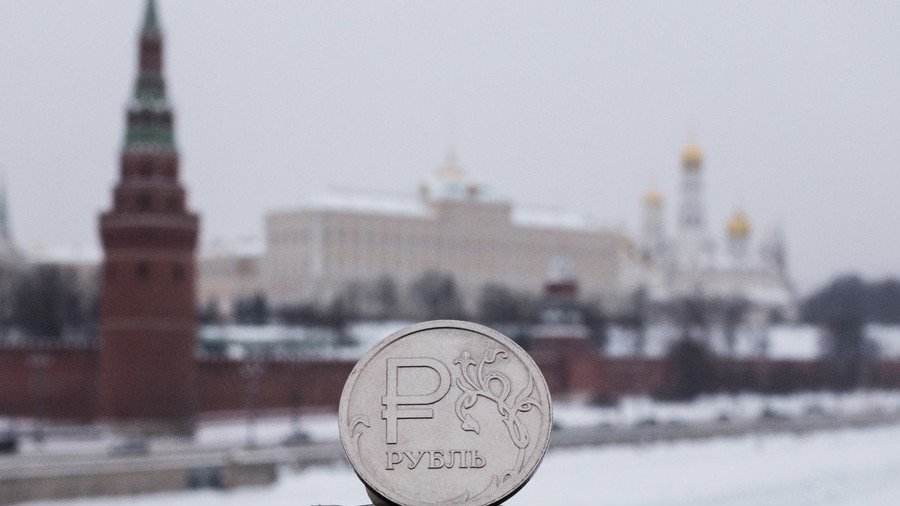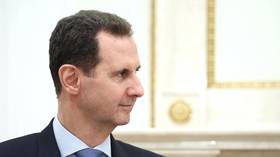Russia welcomes foreign banks to join its money transfer alternative to SWIFT

Foreign banks will soon be able to become part of Russia's money transfer network which serves as an alternative to the traditional SWIFT (Society for Worldwide Interbank Financial Telecommunication) system.
“Non-residents will start connecting to us this year. People are already turning to us,” said First Deputy Governor of the Central Bank of Russia Olga Skorobogatova. Earlier, the official said that by using the alternative payment system foreign firms would be able to do business with sanctioned Russian companies.
As of September, 416 Russian companies have joined the System for Transfer of Financial Messages (SPFS), including the Russian Federal Treasury and large state corporations including Gazprom Neft, Rosneft, and others, the Central Bank said.
The potential exclusion of Russia from SWIFT worried the country’s banks in 2014, when the EU and the US introduced the first round of international sanctions against Moscow over alleged involvement in the Ukraine crisis and the reunification with Crimea. SWIFT has said it remains neutral in the political conflict.
There have been reports that despite such claims, the US has enough power to block transactions through SWIFT. In 2012, Danish newspaper Berlingske wrote that US authorities managed to seize money being transferred from a Danish businessman to a German bank for a batch of US-sanctioned Cuban cigars. The transaction was made in US dollars, which allowed Washington to block it.
SWIFT is a financial network that provides high-value cross-border transfers for members across the world. It is based in Belgium, but its board includes executives from US banks with US federal law allowing the administration to act against banks and regulators across the globe. It supports most interbank messages, connecting over 11,000 financial institutions in more than 200 countries and territories. The European Union is also working on an alternative to SWIFT. The project, promoted by Germany, will help Brussels to bypass US sanctions against Iran.
For more stories on economy & finance visit RT's business section















